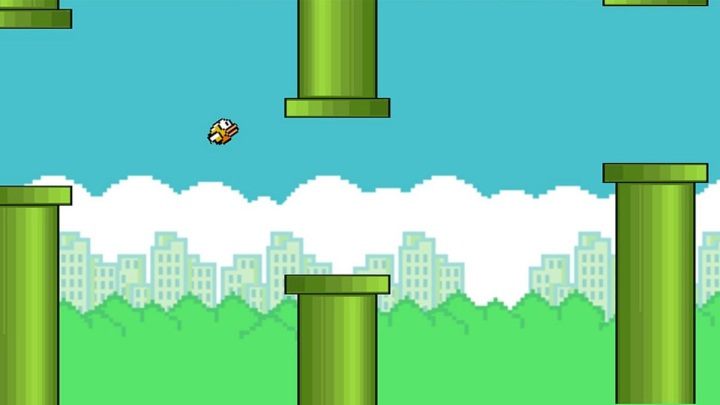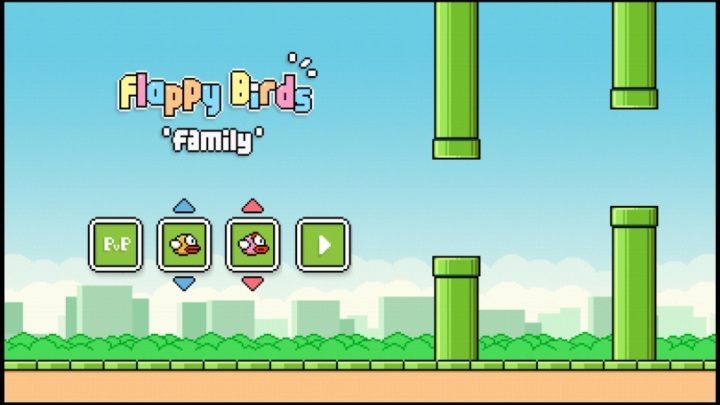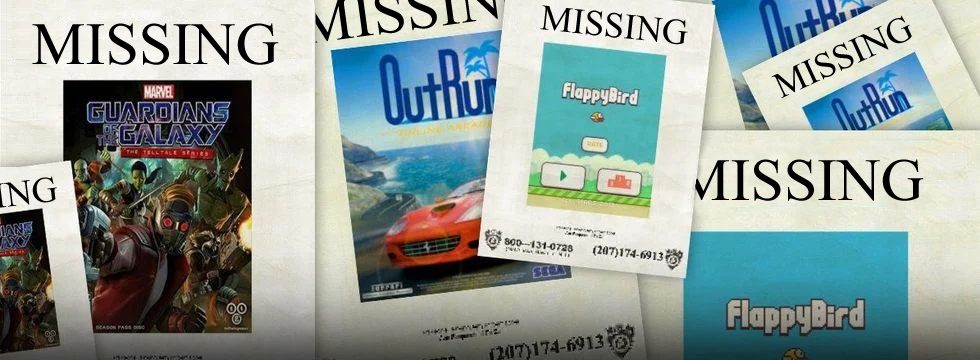Flappy Bird. Victims of digital distribution
Table of Contents

Flappy Bird is an example of how games can defy the odds determined by excel sheets and stacks of numbers. Simple in terms of mechanics, stylistically heavily inspired by the games of the Mario series, the mobile game was created by Vietnamese player Dong Nguyen in 2013. It took him two to three days to develop, and initially, the title did not generate much interest. In January 2014, Flappy Bird caught the attention of a well-known youtuber PewDiePie, who reviewed it... and that's when it all started. The game became a massive hit virtually overnight, first topping iPhones and when it debuted on Google Play on January 30, also owning Android.
The success overwhelmed Nguyen and proved to be a cause for concern for him. He claimed the addictive nature of the production, which he had originally designed for few-minutes long sessions, was a source of distress and even sleeplessness for him. For this reason, he made the unprecedented decision to remove Flappy Bird from sales. And he did – on February 9, 2014, the game was removed from distribution.
That didn't kill the fad. Google Play and the App Store were flooded with more and less direct knockoffs of the game, and phones with the original version installed reached exorbitant prices on the aftermarket. At peak, around 60 Flappy Bird clones were popping up in Apple's store... every day.

Eventually, Nguyen decided to bring Flappy Bird back for distribution, but not in its original form. Flappy Bird Family debuted in August 2014 and offered new obstacles, a multiplayer module and recommendations of taking a break if someone spent too much time playing. The new version was made available exclusively to Amazon Fire TV users, making it impossible to repeat the success of the original. Probably also reassuring the conscience of its author.









